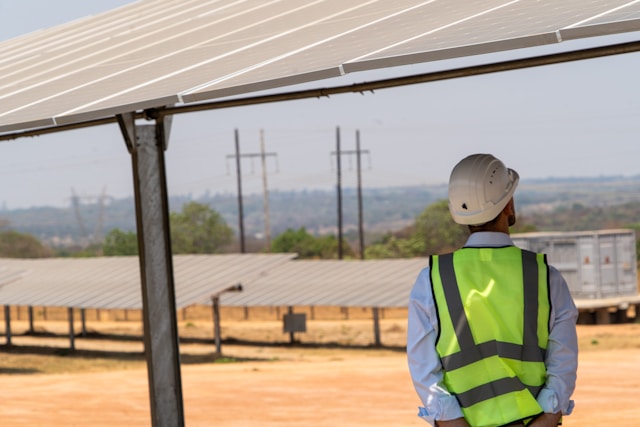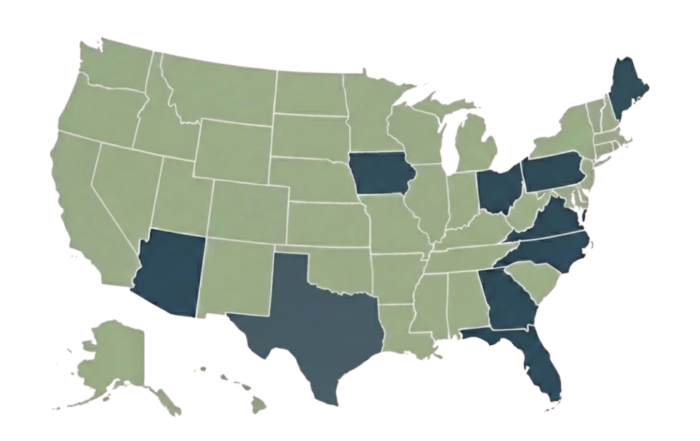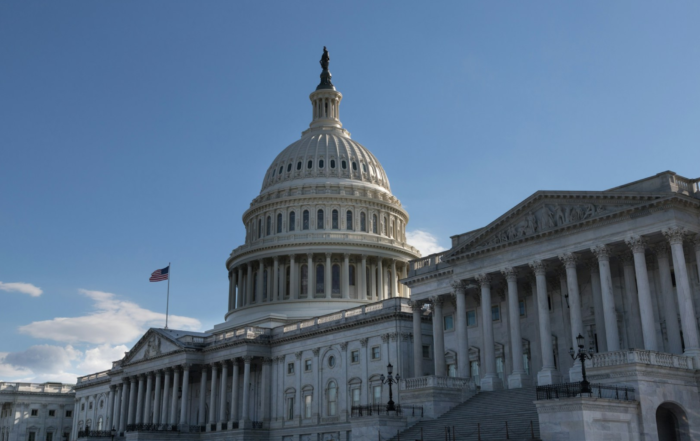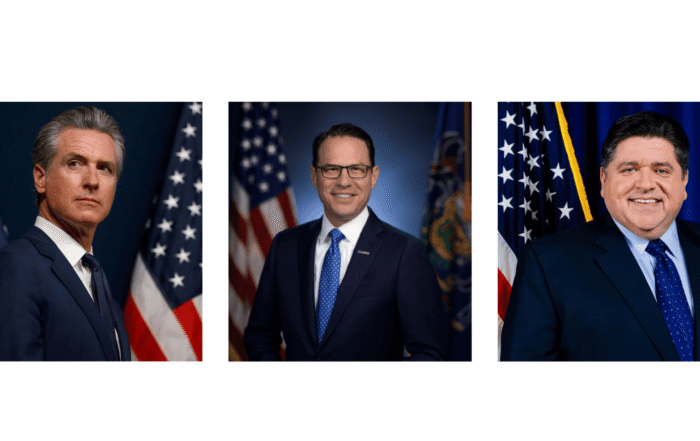Chris Moyer
Founder & President
By Chris Moyer
It’s survival of the fittest in the clean energy world these days, as the gap between large developers and smaller and more regional operations widens.
Consider two companies making headlines this month. CleanCapital plans to “buy $25 million worth of solar panels it does not yet need” and pay $145,000 a month to store them in a California warehouse. Meanwhile, Pine Gate Renewables, a North Carolina solar developer, is reportedly preparing to file for bankruptcy protection.
It’s an unfortunate but not unexpected consequence of the One Big Beautiful Bill Act (OBBBA). Even before it became law, one small developer told me OBBBA had already “devastated” his business—projects canceled, financing pulled, layoffs mounting. No one wants to see that.
But could there be a silver lining? Could President Trump’s relentless attacks on clean energy end up making the industry stronger?
Clean Energy Must Learn Lessons from IRA Rollbacks
The clean energy industry was caught off guard during the fight over the OBBBA, and suffered from its relative lack of political power. (After the bill passed, I wrote about three ways the industry could begin building that power.) There are more than 10,000 developers and other solar companies alone, with most focusing narrowly on building out their project pipeline. This diffuse nature is a persistent challenge, and likely contributed to the extent of the rollbacks of IRA incentives for clean energy development.
Contrast that with oil and gas. You never hear about the “oil and gas minors.” The majors dominate the conversation—and the politics—because there are fewer of them, they’re largely unified around shared interests, and they know how to wield their plentiful resources to advance those interests.
But this dynamic could be changing as companies race to qualify for federal tax credits before July—or shut down altogether. The Times reported recently that “many developers have ordered custom power transformers—devices used to increase or decrease voltage—solar panels and other equipment much sooner than they normally would have. Placing such orders is one way to demonstrate to the Internal Revenue Service that a project is underway.”
Only big companies can afford those upfront costs—and analysts expect them to start buying up smaller projects whose backers are running out of cash. Firms like CleanCapital not only have the resources to survive, but also the incentive to shape the long-term policy and political environment that will sustain their growth. They’re in this for the long haul, which makes investing in shaping policy worthwhile.
More Coordination & Political Sway Leading to Better Outcomes
As bigger clean energy developers absorb smaller ones, they will gain greater reach and deeper roots across many congressional districts and states because they suddenly have projects in those places. These larger developers can better mobilize resources to influence the lawmakers who represent them, such as by traveling to Washington to share their stories and advocate for their projects. Smaller companies simply can’t afford this.
With fewer decision-makers, it could be easier to align on strategy for the next fights. Greater financial heft also means more political giving through C4s and PACs, and collective action on these decisions becomes possible. Coordination increases, political sway goes up and political spending compounds.
If there’s a silver lining to Trump’s torrent of attacks—and who doesn’t need one right now—it’s that the clean energy industry may be in the early innings of consolidating into something bigger, stronger, and more politically capable. And it doesn’t need to match oil and gas dollar for dollar to get meaningful results.
Evolution Not Inevitable, But This is a Moment of Opportunity
This evolution won’t be perfect. Interests won’t always align. Local and regional developers often hold more sway with community leaders than national or international corporations. But that’s a solvable challenge. Larger firms can preserve those local brands as subsidiaries, maintaining credibility while strengthening the collective front.
If consolidation leads to a clean energy sector that can finally hold its own in Washington, it could emerge from this storm with the kind of political power it has always needed but never had.
And paradoxically, it will come as a direct result of Trump’s hostility towards the industry.
Check out our recent insights and conversations:
Sign up for our newsletter
Receive updates on our work, industry news, and more.





